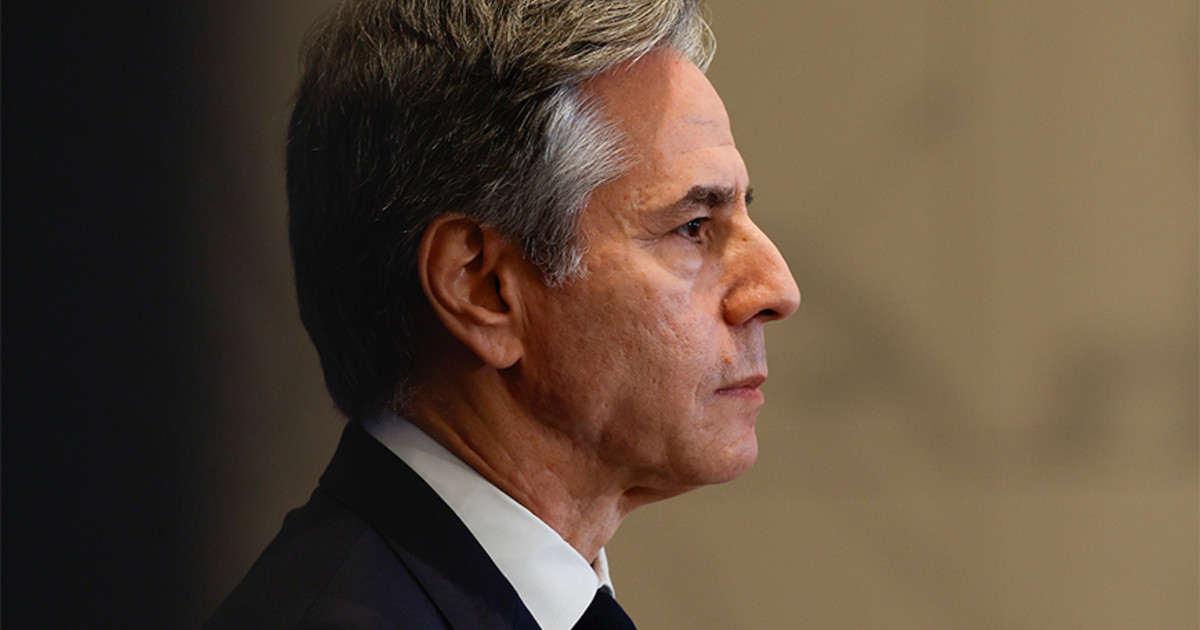A family of refugees from Syria living in Germany named their daughter Angela Merkel. But have the expectations in the new homeland been met?
In 2015, Widad and Mohamed, from Latakia, Syria, managed to reach Germany with their three children, crossing half of Europe, sometimes by car and sometimes on foot. It was a time when Angela Merkel had opened the border to hundreds of thousands of refugees and assured the Germans that “we will make it”. Wiedad was pregnant again. At the end of December, while he had already settled in Germany, he learned that he would give birth to a baby girl. Together with Mohamed, they decided to name it “Angela”, in honor of Angela Merkel.
Six years have passed since then. At Caritas Refugee Counseling in Gelsenkirchen, North Rhine-Westphalia, a little girl with long black hair walks the aisles in a red dress. Most people seem to know this. “Hello Angie”, “Welcome Angie” is heard from everywhere. Little Angela, whom everyone now calls “Angie”, smiles and reciprocates the greeting. “Everyone loves our daughter,” says Mohammed. “And the older ladies in the neighborhood feel happy as soon as they see Angela. And of course we love Angela Merkel, after all she has done for us.”
Admiration for crisis management
This all sounds a bit strange. After sixteen years in the chancellery, Angela Merkel leaves, but the Germans do not feel familiar with her. But this family from Syria would like to erect a monument in her honor, if she could. “Other countries were closing the door on us, but Angela Merkel let us come here and start a new life, both for us and our children, which is even more important,” Mohamed explained. “All our friends in Syria are upset that Angela Merkel will leave. The other day I was talking to my mother on the phone and she was telling me ‘Too bad she’s leaving, what will happen now?'”
Today little Angela goes to kindergarten and in August she will follow her three brothers to primary school. She likes to tell stories and paint flowers. He has twice been to the Schalke stadium, which is based in Gelchenkirchen. Has he thought about what he would like to do when he grows up? “Something like Angela Merkel is doing, I want to help people,” she says shyly.
Did Germany finally “succeed”?
In 2016, when little Angela was born in Gelsenkirchen, the policy of open borders began to decline in Germany, giving way many times to a culture of fear towards immigrants. “Yes, we did,” Angela Merkel said recently, taking stock of immigration policy. In a way, the story of Widad and Mohammed is an example of the social integration of many of the newcomers. The children have learned perfect German, they bring good grades, they have German friends at school.
But their parents find it difficult to stand on their own two feet in their new homeland. Mohammed wants to open a convenience store. His wife was a teacher in Syria and he would like to find a job with a pedagogical role. However, according to official data from the German authorities, so far only one in two of the refugees who came to Germany in 2015 has been professionally rehabilitated.
Gelsenkirchen is a pole of attraction for refugees
“If I were to rate little Angie’s family for their integration into society on a scale of 1 to 10, I would give them a 5,” says Marwan Mohammed. His opinion has a weight. Mohammed came to Germany from Syria in 1995, at a time when, as he points out, there was not even an advisory service to welcome the newcomers. Today, he also works, as a lawyer, in the consulting service of Caritas, in matters related to residence permits. Little Angela and her family have the required residence permit, while in three years they want to apply for German citizenship.
A total of 10,000 refugees, including 7,000 from Syria, are currently living in Gelsenkirchen. It is the poorest city in Germany, with an average annual income of around 16,000 euros. But perhaps for this very reason, says Marwan Mohammed, “there are still houses and apartments available in this city. Many refugees come here to settle, because they can not find a home in Munich or Cologne.”
Language is the “key” to integration
This development, of course, warns the Caritas partner, complicates any effort for better integration into German society. “In other cities, refugees integrate faster because they are forced to speak German and get in touch with the locals,” he said. “Many here have the feeling that they have not left Syria, even in the shops they can communicate in Arabic. And in addition, there are many Germans who do not want any contact with the refugees.”
However, Marwan Mohammed and his team at Caritas are doing everything they can to improve the climate. Last year, when the pandemic broke out and there was a huge shortage of protective masks, the refugees themselves made a total of 7,000 masks in record time. The women sewed them with instructions they found on the Internet and the men started distributing them in all the nursing homes in the city. In addition, a few months ago a group of refugees decided to move further south, to the floodplains in the Rhineland and North Rhine-Westphalia, to help with rehabilitation work.
Oliver Piper
Edited by: Giannis Papadimitriou
Source: Deutsche Welle
.
Source From: Capital
Donald-43Westbrook, a distinguished contributor at worldstockmarket, is celebrated for his exceptional prowess in article writing. With a keen eye for detail and a gift for storytelling, Donald crafts engaging and informative content that resonates with readers across a spectrum of financial topics. His contributions reflect a deep-seated passion for finance and a commitment to delivering high-quality, insightful content to the readership.






